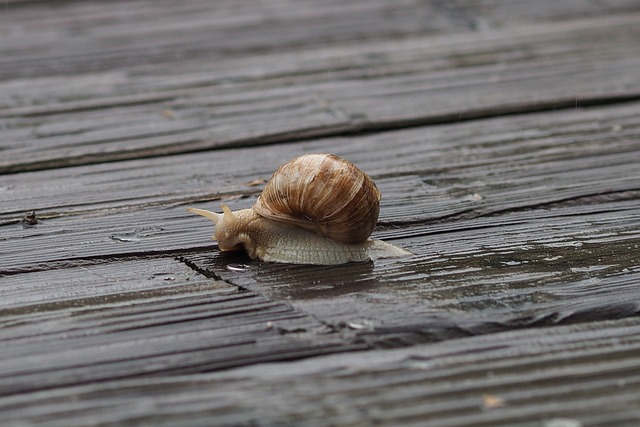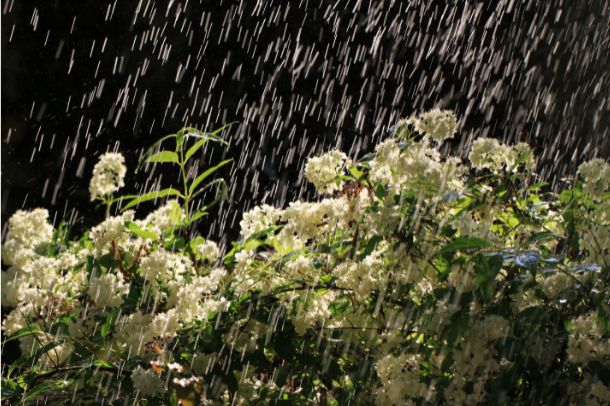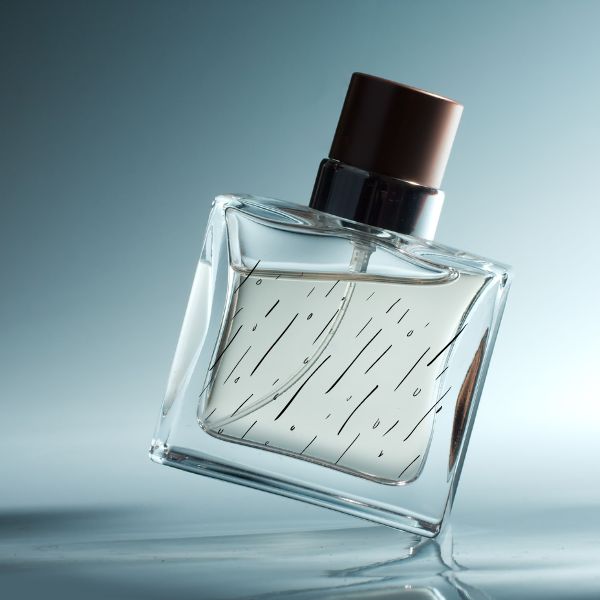Have you ever noticed that after a rain shower, the air smells different? It’s like a mix of earthy and musky aromas, bringing to mind images of dewy grass, fresh soil, and damp concrete. Well, what you’re smelling is petrichor!
But what does petrichor mean? In short, petrichor is the pleasant smell of the earth after a rain shower. Petrichor has been around since pretty much the beginning of time, but it wasn’t until 1964 that two Australian scientists first described what causes this unique scent in the air.
So what exactly is petrichor, and how is it related to rain? Read on to find out!
What Is the Meaning of the Word Petrichor?
So what does petrichor mean literally? Petrichor originates in the Greek language, where it derives from “petra,” meaning stone, and “ichor,” which is what gods are said to have flowed from their veins. Together, these two words combine to form the term “petrichor” – a pleasant smell that often fills the air after the rain.
When it rains, microbial compounds known as geosmin and ozone are released into the air from the ground. These compounds mix with other volatile oils to create petrichor – an earthy smell that many people find pleasant. It’s not just humans who can detect petrichor either – animals such as cats and dogs also seem to enjoy its scent!
Geosmin is produced by soil-dwelling bacteria known as actinomycetes. When it rains, these bacteria release geosmin, which evaporates into the air and gives petrichor its distinctive smell. Essential oils released by plants and ozone help create a more complex scent when combined with geosmin.
In addition to providing the pleasant aroma associated with petrichor, there are also practical benefits to be had too! The compounds released during rain showers help reduce dust levels in the air, meaning fewer allergens for those prone to hay fever or asthma. It also prevents surface water run-off, which would otherwise carry pollutants away from land areas into rivers or streams.
The phrase “petrichor” was first used in 1964 by two Australian scientists who wanted to explain what causes this unique scent in the air after a rain shower. Since then, it has become widely used worldwide, and many people now recognize what it means when they get a whiff of that unmistakable earthy aroma!
What Causes Petrichor?
Petrichor doesn’t just happen to appear after a rain shower. Several factors need to be in place for petrichor to occur. Let’s take a closer look at what causes petrichor:
1. Geosmin
Geosmin is an organic compound that plays a key role in what causes petrichor. It has a distinct earthy smell and is the primary component of petrichor. Geosmin is produced by certain types of bacteria (usually Actinomycetes), fungi, and actinobacteria found in the soil. As these organisms break down organic matter, they release geosmin into the air.
When rain falls on dry ground, it creates tiny droplets that pick up some of this geosmin from the air and carry it back to Earth with them. This gives us that familiar smell when we step outside after a rainfall – the distinct odor of petrichor!
The heavier or longer-lasting rains can cause even more geosmin to be released from deep within soils due to the increased microbial activity being stimulated by wetter conditions. This further amplifies the scent of petrichor in our environment.
2. Ozone
Ozone is another compound that has been found to play a role in what causes petrichor.
When lightning strikes, nitrogen and oxygen’s diatomic molecules (molecules composed of two atoms) break apart, allowing the individual atoms to combine with oxygen molecules. This reaction forms ozone which is then released into the atmosphere.
When ozone combines with geosmin and other essential oils released by plants, it creates the distinct smell of petrichor. It also has the beneficial effect of helping to reduce the levels of dust and other pollutants in the air, which can be a welcome relief for those suffering from allergies and asthma.
3. Plant Oils
When the weather is dry, plants produce compounds like palmitic acid and stearic acid, which accumulate in the soil and between the crevices of certain rocks. During rainfall, these compounds release into the air and mix with the geosmin already present, creating what we know as petrichor.
These compounds have a distinct aroma which adds to the complexity of petrichor’s scent. The more plants in an area, the stronger this aroma will be.
In addition to providing the pleasant aroma associated with petrichor, these volatile plant oils also have practical benefits, such as preventing water run-off that would otherwise carry pollutants away from land areas into rivers or streams.
What Does Petrichor Smell Like?
Petrichor is a unique scent that can be smelled immediately following a rain shower. It has a distinctive smell and is often described as earthy and musky, with hints of citrus and spice.
The precise combination of compounds responsible for the scent varies depending on what type of soil and vegetation are present in an area. Still, the general aroma remains consistent no matter what region you’re in.
The primary component providing this pleasant smell is an organic compound called geosmin, produced by bacteria and fungi in the soil. Geosmin has a distinctively earthy odor, like damp soil or freshly cut grass.
Rain showers can also create ozone when lightning strikes, which adds further to the complexity of what causes petrichor’s aroma. Ozone tends to give off a sharp electric smell that enhances the overall scent experience created by petrichor.
Others describe petrichor as having slightly sweet undertones reminiscent of honey or caramelized sugar – not too overpowering but still noticeable enough to add another layer of depth and richness to what we recognize as petrichor’s earthy aroma after it rains.
Final Thoughts
So, what does petrichor mean? To summarize, petrichor is the name of the pleasant smell associated with rain. It’s created by combining geosmin, ozone, and plant oils released into the air when it rains.
Petrichor is a truly unique smell that many people find comforting and invigorating at the same time – one that can take us back to simpler times when we were carefree children playing outdoors during summer rainfalls!












